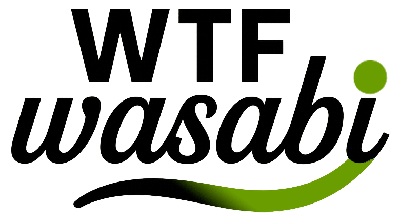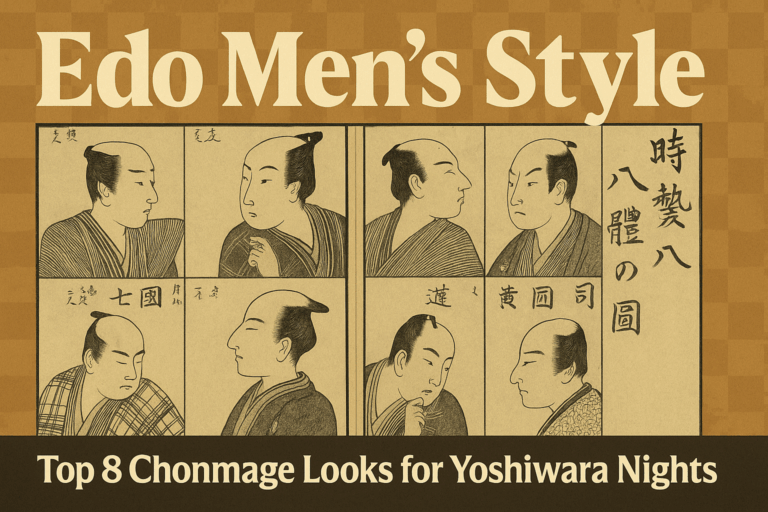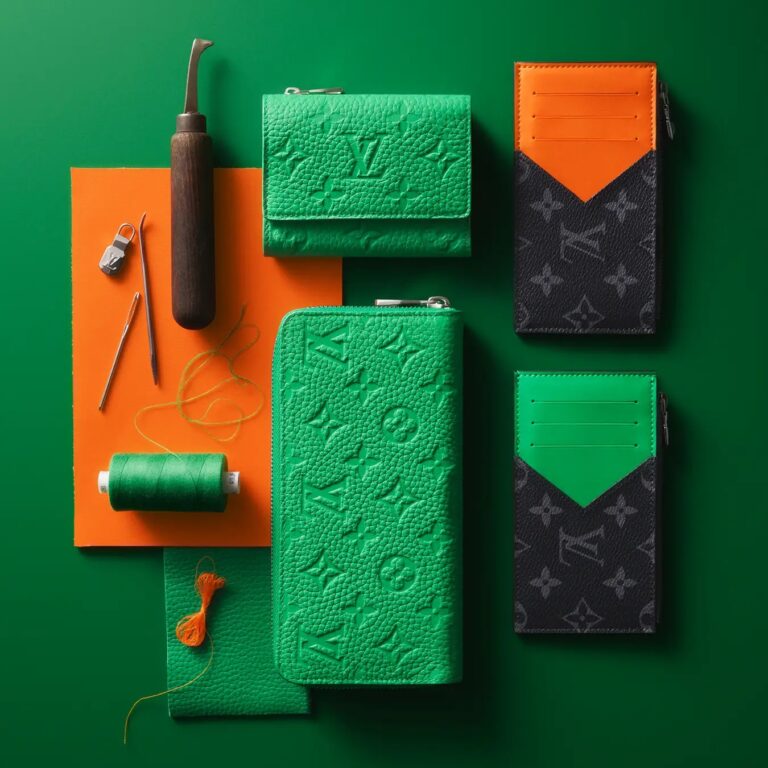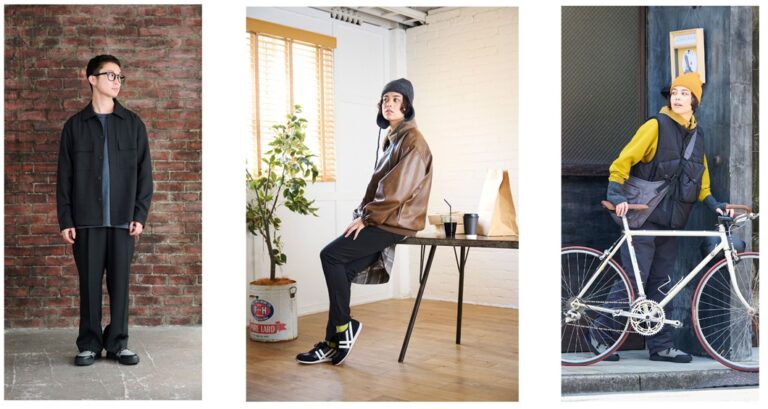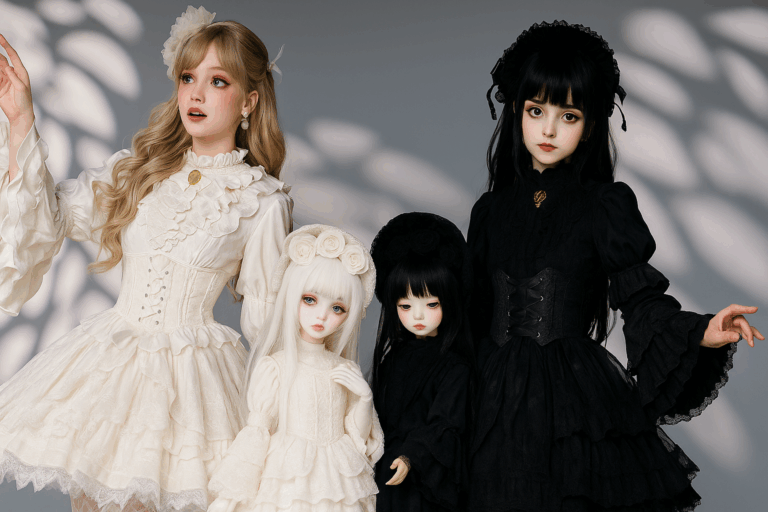What Japanese People Deliberately Avoid Buying at 100 Yen Shops
Japan’s “100 yen shops” (often called hyakkin in Japanese) are stores where useful items for daily life are sold at low prices. Today, they are popular stores where not only tourists but also residents of Japan casually drop by, attracted by the convenience of being able to get almost anything cheaply.
However, even at these popular stores, there are items that Japanese people deliberately avoid buying. Don’t you want to know why?
100 Yen Shop Items Japanese People Tend to Avoid
There are many reasons why Japanese people do not choose certain items at 100 yen shops. By understanding these reasons, you can discover which items are truly worth buying!
Nail Clippers
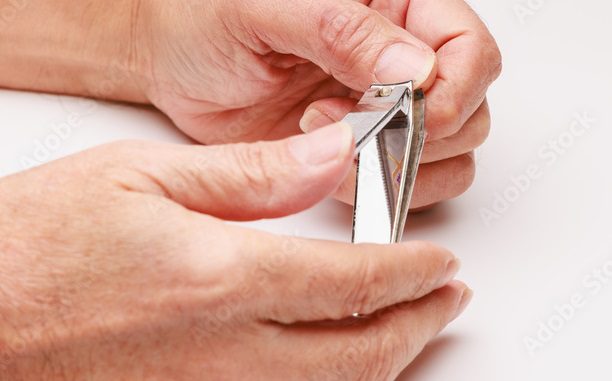
At first glance they look ordinary, but many have small chips in the blade, so the quality varies widely. If you cut your nails with such clippers, cracks can appear at the point of cutting and your nail may break from there. Nails grow back, so this may seem trivial, but once you use excellent Japanese nail clippers, you will realize how much they can improve your quality of life.
Ceramic Plates and Rice Bowls

Products come from a mix of countries—China, Vietnam, Thailand, and Japan. In Japan, tableware is regulated under the Food Sanitation Law, but in the past, there were incidents of harmful substances leaching out from imported products when heated in the microwave. Even though quality has improved since then, such items are still often avoided.
In addition, Japanese-made products at 100 yen shops are often so-called “B-grade goods,” with misaligned patterns or a cheap texture. Because Japan has a long tradition of pottery such as Arita ware and Mino ware, consumers have a trained eye, and they can immediately recognize the low quality. For this reason, few people deliberately buy such tableware at 100 yen shops.
Batteries

Although there is no clear evidence, many domestic reviews report that they “run out quickly” or “do not last long.” Even when a major manufacturer’s name is printed on them, quality is not stable, and reliability is lacking, so they are not suitable for everyday use. People tend to buy them only in emergencies, such as when batteries suddenly run out while outside, as a temporary solution
Snacks

Packages may look similar to products sold in supermarkets, but in fact there are “separate lines” made specifically for 100 yen shops, with reduced contents. As a result, they are more expensive in terms of cost performance, so those who know this tend to avoid buying them.
Stationery

Japanese stationery is known worldwide for its quality, but stationery from 100 yen shops is often easy to break, the ink may not flow well, or the joints may be loose. The differences are clear. As a result, these items often turn into “cheap purchases that waste money,” so many people avoid them. Since the price difference compared with stationery from specialty stores is not very large, buying from specialty stores clearly improves quality of life.
Blades (Scissors, Cutters, etc.)

They are often dull, and when cutting sticky materials, the blades get stuck, making them uncomfortable to use and lowering the quality of life. Cutters in particular may lack body strength depending on their size, making them difficult to use.
Items Japanese People Often Buy at 100 Yen Shops Instead
Consumables
Items that are meant to be thrown away—such as garbage bags for kitchen waste or plastic toothpicks—are often considered good enough at 100 yen shops. Even in Japan, where the “mottainai spirit” (the idea of not wasting) is strong, the fact that these items are “easy to dispose of without guilt” is seen as an advantage.
Kitchen Tools
In daily life, people choose high-quality items, but in situations where things easily get greasy, such as barbecues or deep frying, 100 yen shop items are convenient. Even if they are used a few times and then discarded, people feel that “the trouble of washing was avoided” or “I didn’t have to bring sticky tools back home,” so there is little guilt.
Food Containers
Food containers are very convenient for sharing or giving food to others. Containers from 100 yen shops can be used as “containers that do not need to be returned,” so they do not burden the recipient. They are easy to hand over and easy to dispose of, which is why they are widely accepted.
Nail Art Parts
They are popular among people who do self-nail art. Professional-grade items are expensive or come in large quantities that are difficult to use up, but small packages from 100 yen shops are inexpensive and allow you to try different styles, making them practical.
Character Collaboration Goods
These are popular items that both adults and children tend to pick up. Since they are inexpensive, they are favored by those who want to collect seasonal or character goods. They are attractive for enjoying a favorite character casually, even if durability or practicality is limited.
Why Japanese People Avoid or Choose Items at 100 Yen Shops
Japanese people do not think “everything cheap is good.” For items that are used for a long time, they prioritize quality and avoid 100 yen shops, while for consumables and limited goods, they buy them without hesitation. There are moments here where the traditional “mottainai spirit” is reversed, and this reveals the uniquely Japanese sense of practicality in how 100 yen shops are used.
You might also be interested in these articles
■Japanese Fast Fashion Brands – More Than Just Uniqlo

Editor and writer from Japan. Not the best at English, but I share real stories with heart and honesty — aiming to connect cultures and ideas that matter.
